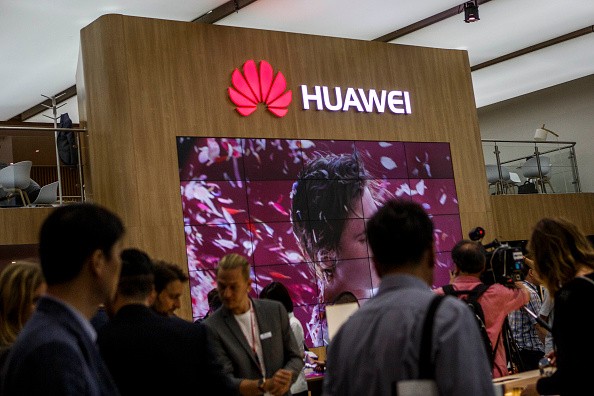Chinese telecom device maker Huawei posted a net profit of CNY 37.1 billion, a year-over-year increase of 0.4 percent. It also realized a year-over-year increase in global sales of 32 percent at CNY 521.6 billion.
Huawei's annual financial report revealed that their three main business lines--device, carrier and enterprise--experienced stable growth last year.
Huawei is continuing to invest in research and development, with expenses reaching CNY 76.4 billion last year.
The company's sales in the carrier business sector increased by 24 percent year-over-year to CNY 290.6 billion in 2016. It focused on digital transformation and seizing opportunities like Internet of Things, cloud computing services, streaming video and operational transformation.
In the enterprise sector, Huawei posted a year-over-year sales increase of 47 percent at CNY 40.7 billion. Here, the company focused on information and communication technology infrastructure.
It also promoted the digital transformation of important industries, such as finance and energy. In this sector, Huawei's sales achieved a year-over-year increase of 47 percent at CNY 40.7 billion.
Huawei also achieved sales of CNY 179.8 billion for its smartphones, a year-over-year increase of 44 percent. It shipped 139 million units of smartphones in 2016.
Early this year, Huawei's Carrier BG President Zou Zhilei preached that video on mobile will be the next trillion-dollar market and that his company is committed to enabling value-driven growth through digital innovation.
Zou perceives that by 2025, there will be 100 billion connections globally. He added that 85 percent of all enterprise applications will be through the cloud, while 100 percent of the enterprises will use cloud services.
Huawei has also partnered with the Global Switch, which provides network dense, carrier and cloud neutral multi-tenanted data centers across Europe and Asia-Pacific, to explore ways to mutually benefit from data center design, operation and maintenance and, the utilization of technical space in a data center.
China's tech companies are embracing cloud, big data, artificial intelligence, and Internet-of-Things, considering these necessary to achieve future success.



























